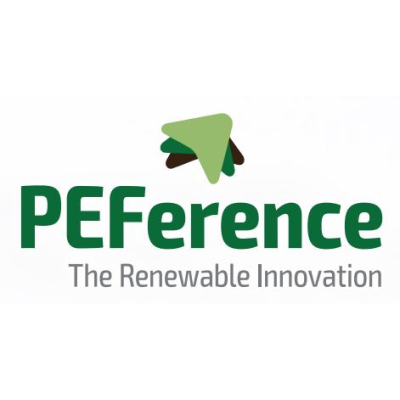Green growth in action: Dutch vision for sustainability
Dutch Deputy Prime Minister and Minister of Climate and Green Growth Sophie Hermans praised the innovation and its potential for the country's economic and environmental goals. ‘Companies like Avantium, which bring new products to the market, are helping to make the Netherlands cleaner and more prosperous. A great example of green growth!’
We will now start operating the biorefinery, introduce Releaf products to the market, and accelerate the rollout of our licensing strategy to replicate these technologies in many locations.
Avantium’s CEO, Tom van Aken
Avantium’s CEO, Tom van Aken, expressed the company's ambition to scale the innovation globally: ‘We are excited to lead the way in producing Releaf, a material that offers a viable alternative to traditional petroleum-based plastics. We will now start operating the biorefinery, introduce Releaf products to the market, and accelerate the rollout of our licensing strategy to replicate these technologies in many locations.’
Releaf’s market potential: lighter, stronger, and greener
The bio-based material PEF, commercialised by Avantium as Releaf, has properties that make it suitable for diverse applications, including food and drink packaging, textiles, and consumer products. With its superior barrier qualities and being fully recyclable, the bio-based material presents a compelling alternative to PET, which is widely used in plastic bottles and other packaging.
A great example of green growth!
Sophie Hermans, Dutch Deputy Prime Minister and Minister of Climate and Green Growth
Releaf also has higher mechanical strength and heat resistance than fossil-based PET, allowing for lighter packaging that consumes fewer resources. Being 100% bio-based and recyclable, this innovative bio-based material holds immense market potential in replacing not only plastic but also other packaging materials such as glass and metal. The polymer’s versatility extends beyond packaging, as it can be used in textiles and other advanced materials, showing potential for widespread adoption across multiple industries.
Additionally, a life-cycle assessment demonstrated that PEF reduces greenhouse gas emissions by up to 33% compared to PET, further boosting its appeal for companies committed to reducing their carbon footprint.
About the PEFerence project
The FDCA biorefinery is a core component of the CBE JU-funded PEFerence project. Launched in 2017 and set to conclude in 2025, the €25 million of CBE JU funding attracted €20 million in private investment to develop a cost-effective, sustainable value chain for PEF production, from raw material sourcing to end products. The PEFerence industrial plant aims to produce 5,000 tonnes of purified FDCA annually using crop residues as feedstock, thereby contributing to developing a circular bioeconomy.





















